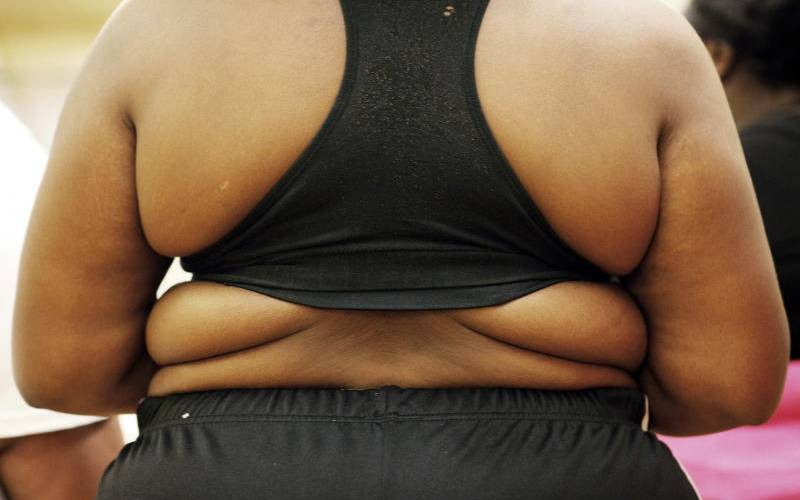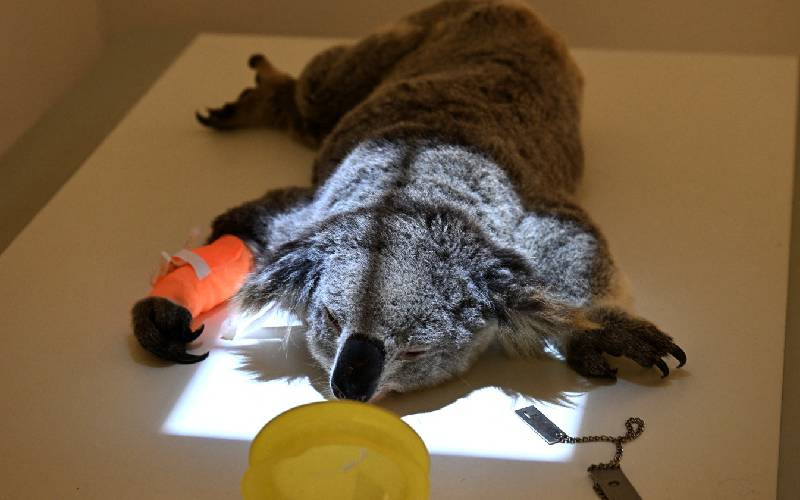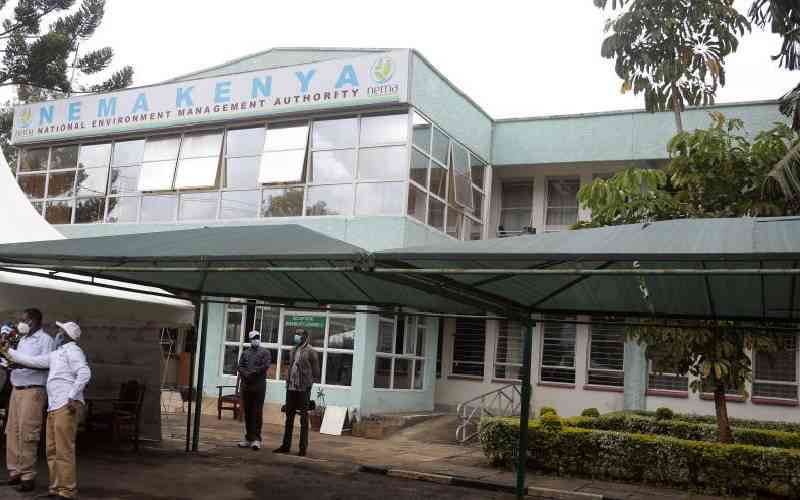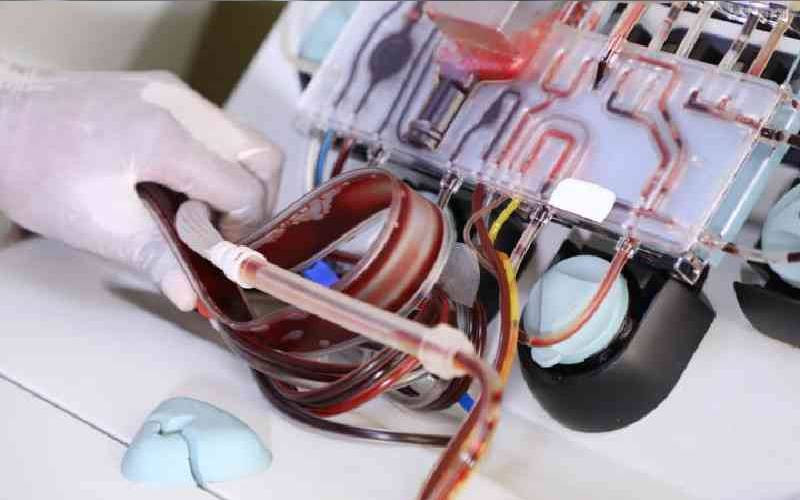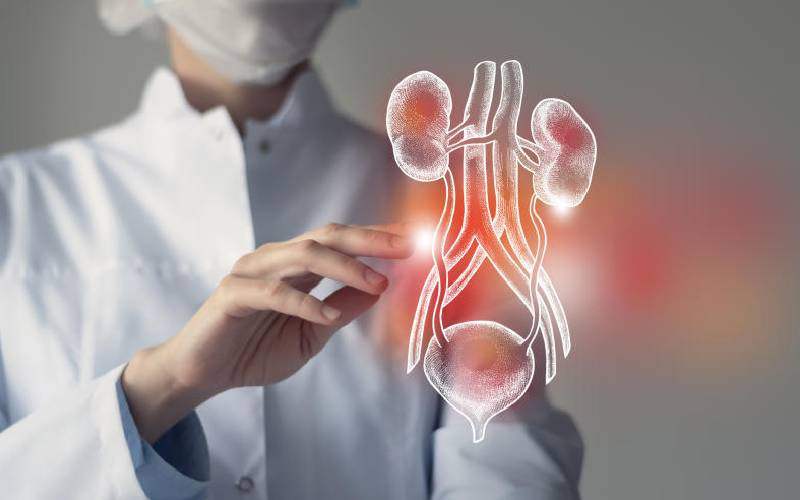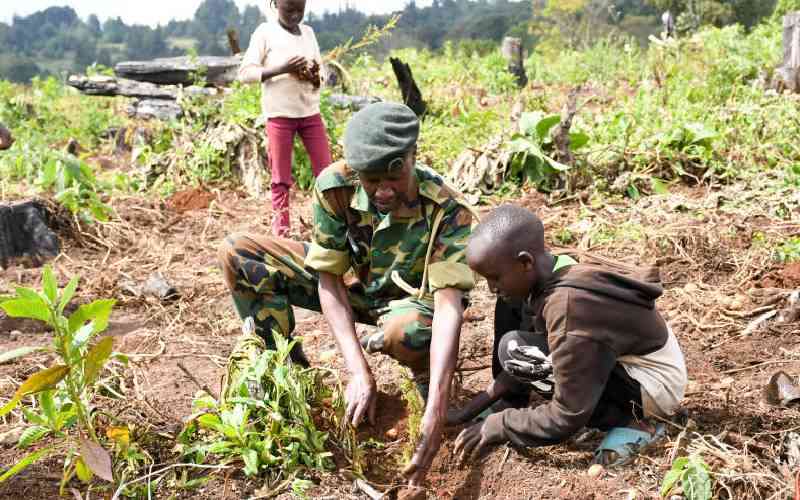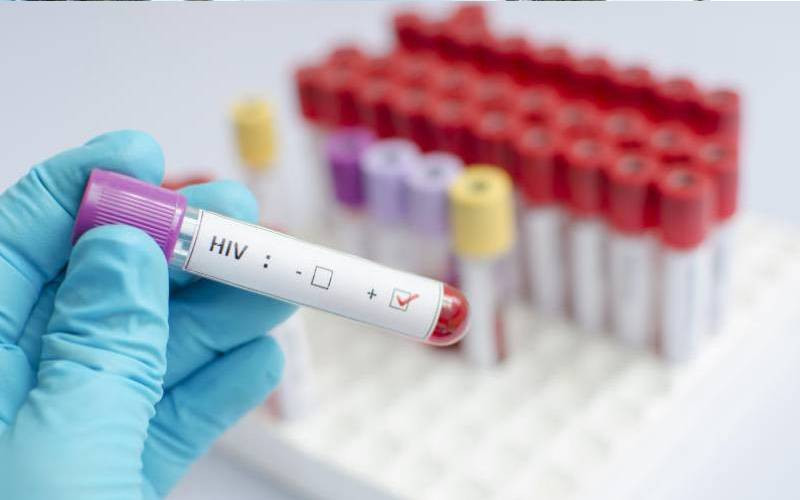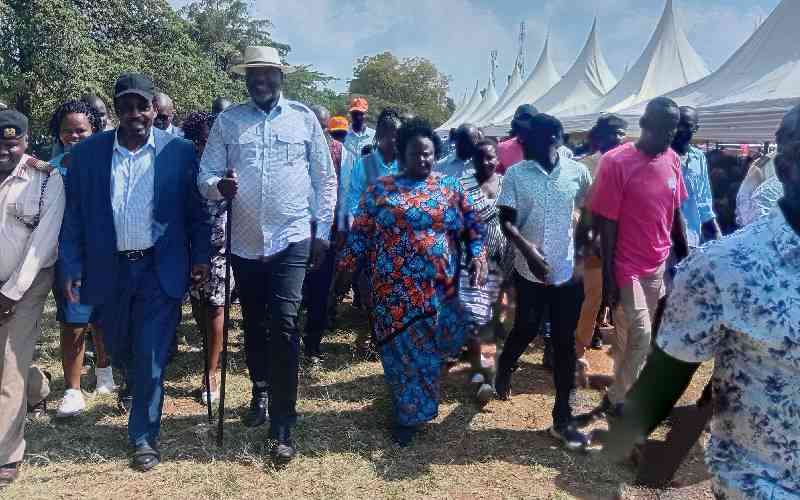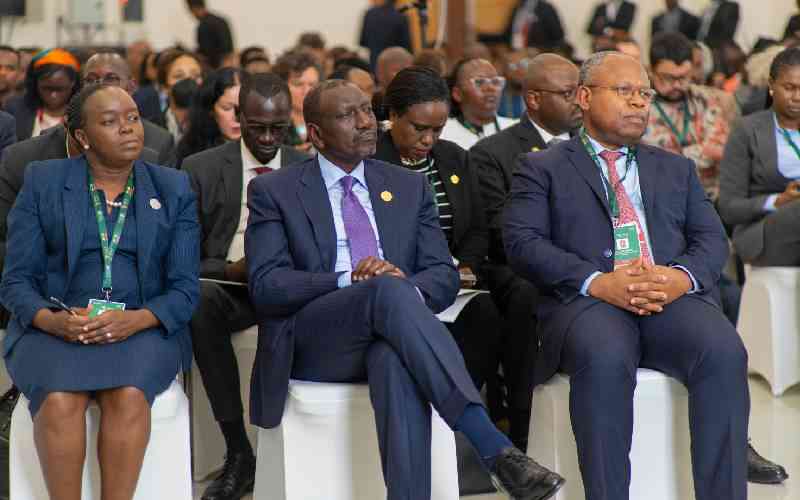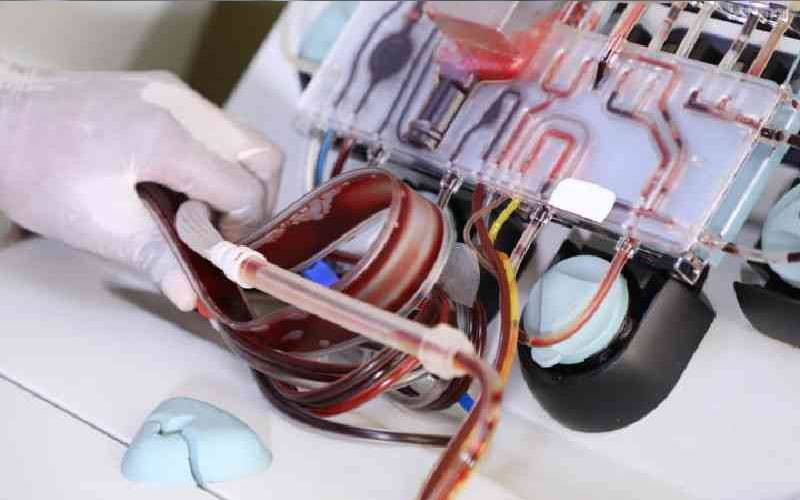
The Kenya Blood Transfusion and Transplant Service (KBTTS) is pleading with Nairobi residents to donate blood following an acute shortage in city hospitals.
Nairobi has been the hardest hit due to the high number of patients seeking care, especially mothers who require blood during childbirth.
According to Dennis Oduor, Nairobi County Blood Coordinator, Mama Lucy Kibaki and Pumwani are more affected with more mothers in need of blood to save lives.
The crisis of blood shortage has strained healthcare facilities, and KBTTS is urging urgent action from the public to boost blood donations.
“We have run out of blood. We are pleading with Kenyans to volunteer blood donation following an acute supply in our hospitals,” Oduor told The Standard in an interview.
The blood donation he said can be done at KBTTS satellites at Pumwani, Mama Lucy Kibaki Nairobi Regional Blood Transfuion Center, Kenyatta National Hospital, and KU teaching and referral hospital.
Oduor linked the current shortage to over-reliance on school children for blood donation, a practice restricted during the third school term, as well as a ban on setting up blood collection tents within the Central Business District (CBD).
- Why knowing your blood type is more important than you think
- MP sounds alarm over blood testing kits shortage
- Ministry to audit transplant facilities after organ trafficking expose
- Duale appoints probe team on organ transplant practices, targets Mediheal
Keep Reading
Nairobi County government banned blood donation at CBD, that would happen at Kenya Archives on allegation of hawkers taking advantage to sell their products at the area.
Also, the county claimed the center was creating a lot of congestion, risking insecurity.
“Currently, we cannot go to schools because there was a directive from Ministry of Education not to have any activities done in schools, yet schools have been supporting us more in blood drive. We are now forced to mobilise blood in churches, which is not also sustainable. It is not adequate,” said the official.
Nairobi county, according to a senior official at the KBTTS consumes highest volume of blood because of high number of patients in need of specialised care.
The county also has high number of hospitals with specialised doctors who prescribe blood transfusion to patients with repective ailments.
An official from the KBTTS told The Standard that talks are ongoing with County Government to open up city center for blood collection to save Nairobians.
The official added that because of high volume of blood required in Nairobi, it is difficult to transport blood from regional centers to Nairobi.
Mama Lucy Kibaki and Pumwani hospitals have since been reporting shortage of blood, he said.
“Nairobi used to collect more blood in camps erected within CBD, but a the moment, it is becoming hard. We are in talks with the County Government to open up the centres because it is a matter of life and deaths- we need to save lives,” said the official
He added, “Blood cannot be bought in supermarket and chemists. Normal, WHO recommend individuals aged 18 and 60 years as donors, majority are hustling. In Nairobi, the numbers are within CBD,,” added the official.
An official at Pumwani Hospital who requested anonymity said the facility said the situation is dire.
The facility, according to data records at least 1,500 deliveries every month. During deliveries, mothers loose blood, through excessive bleeding, and therefore require blood to save their lives.Some women due for delivery are brought at the hospital in a state of emergency- they therefore need to get blood to survive.
A number of babies are also born with anaemia and jaundice (yellowing of the skin and eyes), require transfusion for survival. Failure, they die.
“We are dealing with delicate situations that are anticipated. High volume puts us in a hard situation,” said the official.
The facility has been forced to conduct back to back blood mobilisation drives to save lives of mothers and newborns in need of transfusion.
“We are working with churches and colleges to at least enhance blood banks, looking at what can be done to bring people together partnering with Red Cross, and Kenya Obstetrical and Gynaecological Society (KOGS) and catholic churches to get blood,”
 The Standard Group Plc is a multi-media organization with investments in media
platforms spanning newspaper print
operations, television, radio broadcasting, digital and online services. The
Standard Group is recognized as a
leading multi-media house in Kenya with a key influence in matters of national
and international interest.
The Standard Group Plc is a multi-media organization with investments in media
platforms spanning newspaper print
operations, television, radio broadcasting, digital and online services. The
Standard Group is recognized as a
leading multi-media house in Kenya with a key influence in matters of national
and international interest.

